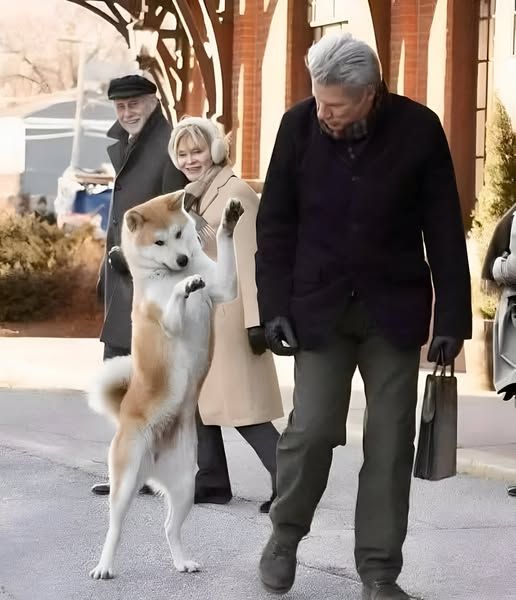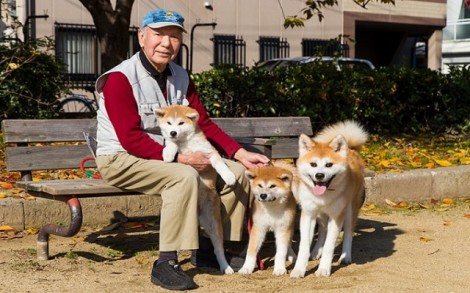The film Hatchi: A Dog’s Tale (original title Hachiko: A Dog’s Story)

The film Hatchi: A Dog’s Tale (original title Hachiko: A Dog’s Story)

moved the hearts of millions of viewers around the world—not only because of its beautiful cinematography, but above all for the raw, sincere emotion it conveys. It tells far more than just the story of a man and his dog — it speaks of pure love, of a bond that defies time, and of a loyalty that transcends even death.

Inspired by a true story — that of Hachikō, an Akita dog born in Japan in the early 20th century — the plot immerses us in a reality that is both simple and profoundly touching. Hachikō had the habit of waiting every day for his master, Professor Hidesaburō Ueno, at Shibuya Station, when he returned from work. But one day, the professor doesn’t come back. He dies suddenly at his desk from a cerebral hemorrhage. Yet, Hachikō continues to return to the station, day after day, for nine long years, still hoping to see him again.

This story, brought to the screen in an American adaptation starring Richard Gere as Parker Wilson, manages to preserve the tenderness and intensity of that silent love story. Through his gentle and solemn performance, Gere captures the unique connection that forms without words—only through gestures, routines, glances. The bond between Parker and Hatchi is immediate, but never forced. It’s natural, authentic, and powerful in its simplicity.
And when the separation comes, it strikes right at the heart of the viewer. Hatchi doesn’t understand; he doesn’t look for reasons or logic. He waits. Because in his world, love does not die, and loyalty has no end.

This film makes us reflect—on our relationship with time, on our commitments, on how we love, and more importantly, on how we deal with absence. Hatchi never gives up. His lone figure on the train platform becomes a symbol of pure love, unconditional and timeless.
It’s not just the story of a loyal dog. It’s a mirror held up to our own humanity. A quiet lesson in constancy, memory, and the depth of bonds formed in silence.

After watching this film, we don’t look at our animals the same way. We no longer see loyalty as just a trait, but as a gift. A rare treasure. A sacred commitment.
And if Hachikō’s story moves us so deeply, it may be because it awakens in us a universal truth:
some loves are so profound, they endure even in absence.
They don’t fade.
They wait.
Endlessly.
Forever.










